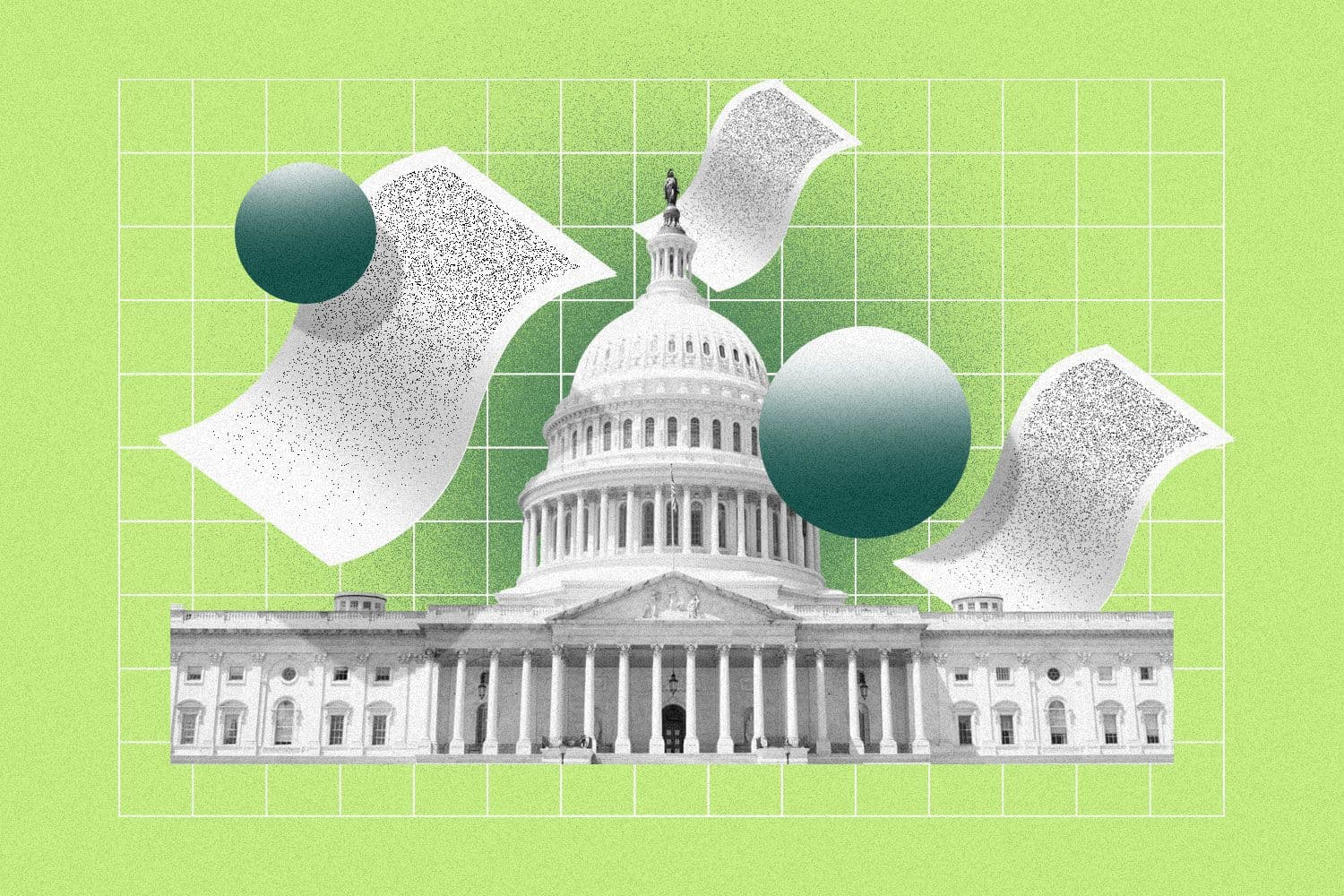Legislative lowdown: NY pay transparency law, Illinois freelancer worker protections
NY is the eighth state to require employers to share expected pay ranges on job postings.

Francis Scialabba
• 3 min read
Courtney Vinopal is a senior reporter for HR Brew covering total rewards and compliance.
Pay transparency is now required statewide in New York, where local ordinances had previously been passed in New York City, Westchester County, and Ithaca. It’s the eighth US state to require employers to share expected pay ranges on job postings.
Meanwhile, Illinois enacted protections for freelance workers that will take effect next summer. Here’s what HR pros should know.
New York State pay transparency law takes effect. As of Sept. 17, businesses in New York State with four or more employees are required to include expected pay ranges for any jobs, promotions, or transfer opportunities they advertise. The new law follows New York City legislation that took effect in November, and similarly requires employers with four or more workers to include a “good faith salary range” for advertised opportunities.
Neither of the laws apply to temporary help firms hiring workers for other organizations.
The New York law is broader in scope, as it applies to businesses across the state. It requires salary information for job opportunities that will be physically performed outside New York (eg, by remote workers), but report to a supervisor or office based in the state. The NYC law only applies to opportunities “that can or will be performed, in whole or in part, in New York City,” whether from an office, in the field, or an employee’s home, per the city’s Commission on Human Rights.
Additionally, under the New York State law, any advertisements for jobs, promotions, or transfers must include a description, “except in the limited circumstance where the title conveys the job duties,” per the state’s Department of Labor.
The New York state law doesn’t supersede local laws.
In order to draft a good faith salary range, employers should consider the following factors, per the New York State DOL:
- The job market
- Current employee pay levels
- Hiring budget
- Level of experience and education they’re seeking
Quick-to-read HR news & insights
From recruiting and retention to company culture and the latest in HR tech, HR Brew delivers up-to-date industry news and tips to help HR pros stay nimble in today’s fast-changing business environment.
One-half of job postings on Indeed now include salary information thanks to a wave of pay transparency laws passed in recent years. California and Washington State recorded the highest share of job postings with salary ranges as of this August, per Indeed, but New York is likely to catch up now that transparency is mandated statewide.
Illinois enacts a law protecting freelance workers. On Aug. 4, Illinois Governor JB Pritzker signed the Freelancer Worker Protection Act into law. The law, which will take effect next July, requires employers using freelancers to provide a written contract for these workers, and pay them within a month after their work is done.
Under the new law, a freelance worker is defined as a “natural person” who is retained as an independent contractor to provide products or services in Illinois, in exchange for at least $500.
Any Illinois employers working with freelancers will need to draw up a contract that includes the following information in order to comply with the law, per SHRM:
- The name and contact information of both the freelancer and the entity hiring them.
- An itemized list of all products and services to be provided by the freelancer, including their value, as well as rate and method of compensation.
- The date when payment is due (no more than 30 days after products and services are provided).
- The deadline by when the freelancer should provide a list of products and services rendered, if the hiring party requires this.
New York City passed similar legislation in 2017, mandating protections for freelancers earning at least $800.
Quick-to-read HR news & insights
From recruiting and retention to company culture and the latest in HR tech, HR Brew delivers up-to-date industry news and tips to help HR pros stay nimble in today’s fast-changing business environment.